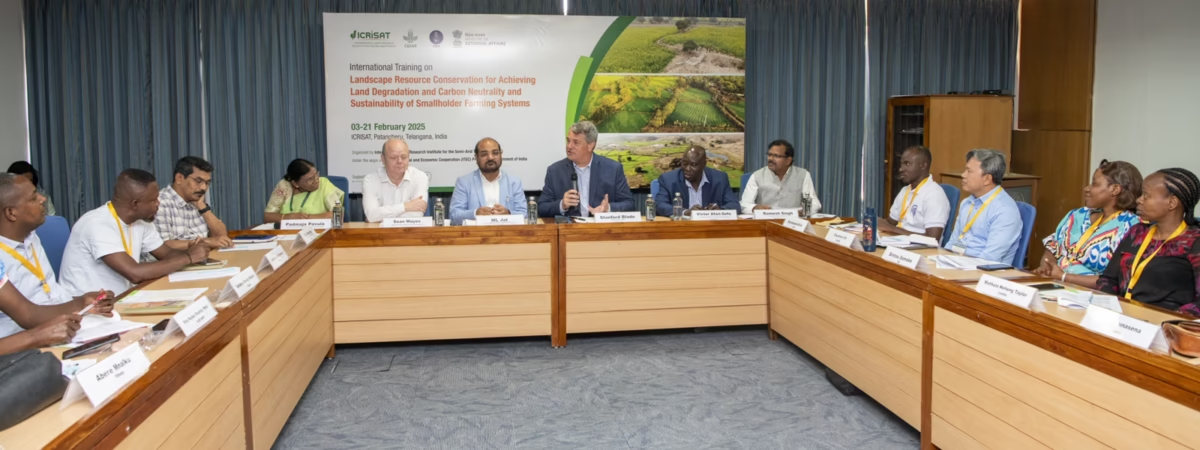Syngenta acquires the Novartis assets to strengthen its global leadership in Agri biologicals
As part of the agreement, which is expected to close on June 1st, Syngenta will also lease the Novartis fermentation pilot plant and science laboratories located in Basel, Switzerland.
Syngenta, a world leader in developing the next generation of biologicals products for agricultural use, is significantly expanding its biologicals research and development capabilities. Company announced that it has acquired the Novartis repository of natural compounds and genetic strains for agricultural use, while Novartis maintains exclusive rights to repository for pharmaceutical use. The transaction also includes transfer of the Novartis Natural Products and Biomolecular Chemistry team to Syngenta.
The move gives Syngenta access to an important source of novel leads for agricultural research, and offers Syngenta integrated capabilities in bioengineering, data science, fermentation, downstream processing, as well as analytics. As part of the agreement, which is expected to close on June 1st, Syngenta will also lease the Novartis fermentation pilot plant and science laboratories located in Basel, Switzerland. The acquisition builds upon a successful research collaboration between Syngenta and Novartis since 2019.
This acquisition follows the start-up of Syngenta’s new biologicals production facility in Orangeburg, South Carolina, US. The facility is Syngenta’s first world-scale production facility for agricultural biologicals in the US and will support growing demand for science-based and novel biological solutions in both the North and Latin American markets.
These developments come as Syngenta forges multiple collaborations to accelerate the pace of biologicals innovation, as well as fortify its position in key growth areas such as nutrient use efficiency. Over the past months Syngenta has announced various collaborations, including with:
- Provivi for new pheromone solutions, targeting devastating pests in key crops across Asia
- Ginkgo Bioworks to accelerate the launch of innovative biologicals
- Intrinsyx Bio in the fast growth area of nutrient use efficiency Lavie Bio to discover and develop novel bio-insecticide
- Lithos Crop Protect for sprayable pheromone targeting the Western Corn Rootworm pest
- TraitSeq to leverage AI to accelerate the development of innovative biologicals.
Camilla Corsi, Syngenta’s Global Head of Crop Protection Research and Development, said: “We invest significantly to offer the industry’s most advanced pipeline of innovative agricultural solutions. The integration of these world-class assets opens a new chapter on our ability to develop cutting-edge biological solutions for farmers and reflects our commitment to drive solutions that continue to elevate the sustainability of agriculture.”
Jonathan Brown, Global Head of Syngenta’s Seedcare and Biologicals business, said: “With the broadest and most comprehensive portfolio across all segments of biological products, we have established ourselves as a leader in the industry. In a constantly growing market, it is important to ensure a pipeline capable of supporting continuous evolutions. I am convinced that this acquisition will allow us to maintain our capacity to innovate.”
As part of the agreement, which is














